Introduction to Ghana Telecom University College:
History and Establishment
Establishment: 2000.
Development History: In November 2005, it was granted a provisional license to start operations, and on March 30, 2006, it was accredited by the National Accreditation Board (NAB) and officially established on August 15, 2006. On August 13, 2020, it was awarded the status of a public university.
School Strength
Faculty: It has a team of experienced and highly professional teachers who not only have a solid academic background, but also have rich industry practice experience, and can provide students with a combination of theory and practice.
Course Setting: It provides world-class certificate, diploma and degree courses covering engineering, computer and information systems, information technology business and other fields. There is also a graduate school that provides graduate courses in engineering, business administration, management and information and communication technology.
International Cooperation: We have established cooperative relations with internationally renowned institutions such as Coventry University, Anhalt University of Applied Sciences, and Ramaya University of Applied Sciences to carry out transnational education projects and provide students with opportunities for international exchanges and learning.
Nature of the institution
Public higher education institution.
Educational philosophy
Committed to providing the highest quality educational experience, focusing on cultivating students' innovation, practical ability and comprehensive quality, encouraging students to pursue knowledge, break boundaries, and combine theory with practice to better understand the world and themselves, and prepare students for their future careers and social development.
Key laboratories and disciplines
Currently, there is no public information about which key laboratories the school has. In terms of disciplines, disciplines such as telecommunications engineering, computer engineering, and information technology have certain advantages and characteristics.
Faculty
There are core colleges such as the School of Engineering, the School of Computer and Information Systems, and the School of Information Technology Business.
Ranking
There is currently no global or regional comprehensive university ranking data, but it has a high reputation and influence in the field of telecommunications and information technology education in Ghana.
Cost
There is no exact public cost information.
Campus Environment
Geographic location: The main campus is located in Tesano, Accra, with branches in Abeka, Kumasi and other places, and learning centers in Ho, Koforidua, Takoradi and Nungua.
Campus Facilities: The campus has modern teaching buildings, laboratories, libraries, computer centers and other teaching facilities to provide students with a good learning environment. There are also student dormitories, restaurants, sports facilities and other living facilities to meet the daily needs of students.
-
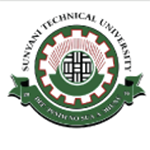
Sunyani Technical University
-

Presbyterian University College
-
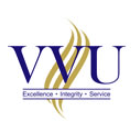
Valley View University
-
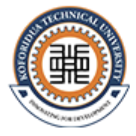
Koforidua Technical University
-

Garden City University College
-

Ghana Institute of Journalism
-
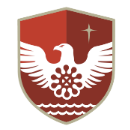
Central University
-
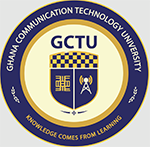
Ghana Telecom University College
-
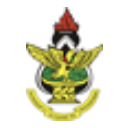
Kwame Nkrumah University of Science and Technology
-
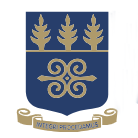
University of Ghana
-

Mesoamerican University
-

Istmo University
-

Mariano Galvez University of Guatemala
-

Regional University of Guatemala
-

Galileo University
-

Francisco Marroquín University
-

Rafael Landívar University
-

University of the Valley of Guatemala
-

University of San Carlos of Guatemala
-

Technological Institute of Tlaxcala Plateau
-

Golfo University
-

Technological University of South Sonora
-

Technological University of Huejotzingo
-

Tizimín Institute of Technology
-

Chilpancingo Institute of Technology
